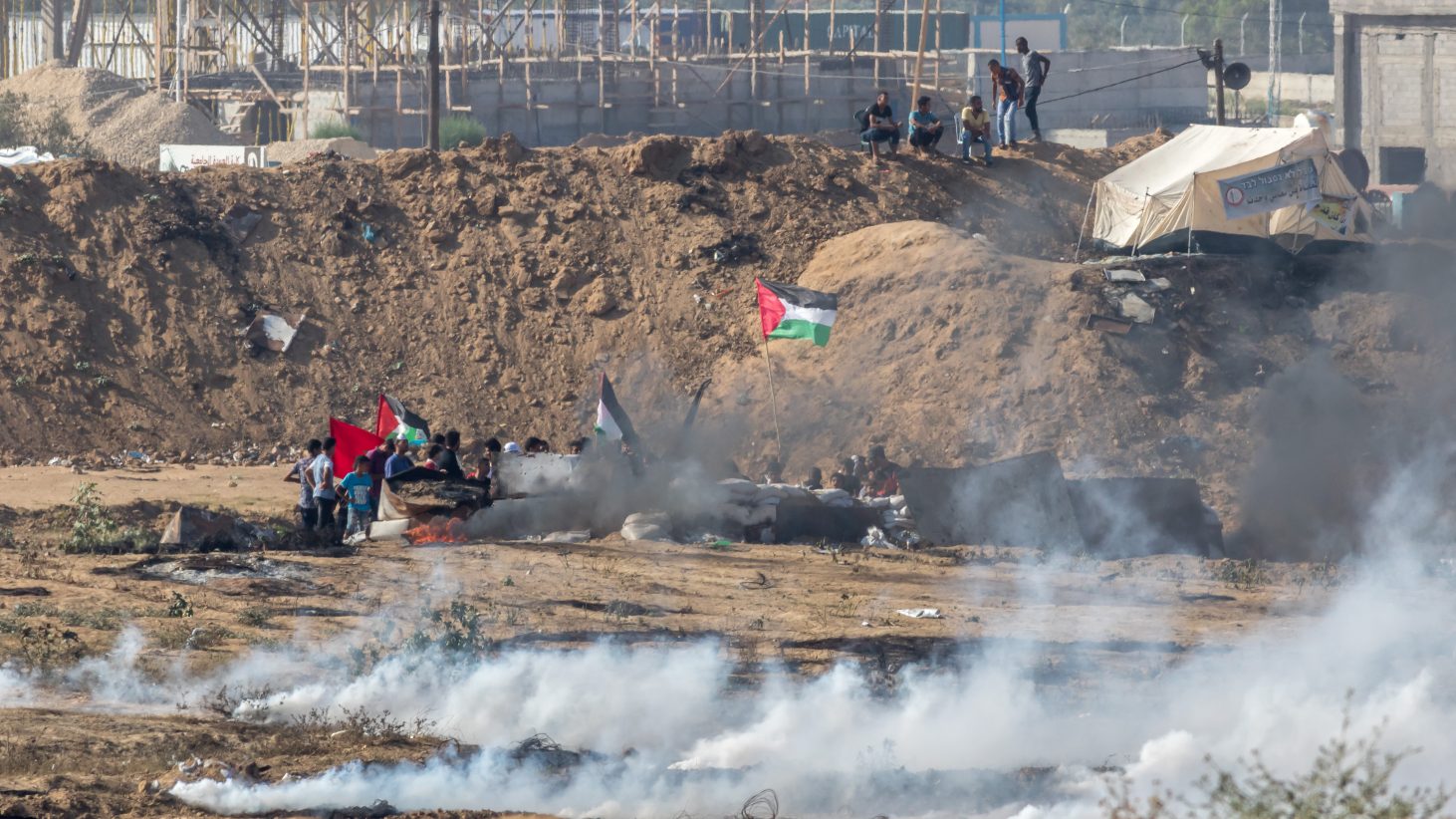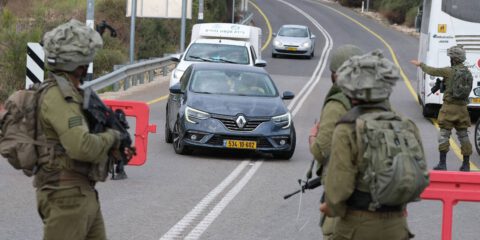Israel would prefer not to go to war with Hamas over kite terrorism but Gaza’s rulers should not confuse that with apprehension. The simple fact is that clear priorities must be set and Israel must decide which of the threats it faces is truly urgent.
In his book “To Hell and Back: Europe 1914-1949,” Ian Kershaw, one of the great historians of our time, writes an amazing sentence that sums up the last two weeks before the beginning of World War I, the war that wiped out nearly 100 years of prosperity and destroyed Europe: “There was no chance of stopping the war. Considerations of prestige alone created a situation in which neither side could retreat.”
It is important that we remember this sentence because in Israel – a small state that has to invest its (considerable) resources in battles that are necessary to ensure its existence and security – decision-makers must pick not only their battles but also where to forego military moves.
The rationale is simple: you cannot fight all disruptive elements all the time. Clear priorities must be set and Israel cannot afford to launch wars over considerations of “prestige.”
This is not simple, and Israel’s captains can error exactly where the rulers of Germany and Russia, France and Britain did. The real challenge is to identify, among the many threats in the region, the ones that must be dealt with in order to ensure Israel’s survival, and if need be, to fight them to the brim.
On the other hand, when it comes to “prestige,” Israel would be wise to exercise restraint and opt for minimal activity, so as not to interfere with the main objective.
For this reason, for example, the military’s extensive capabilities cannot be “wasted” on a minor threat such as kite terrorism, regardless of how annoying it is, or how much of an affront it is to Israel and the IDF’s pride.
Kite terrorism is nothing to discount but, so far at least, it has not caused any serious harm. It has not cost human lives, the financial damage it has caused has been minor, and it has not infringed on the IDF’s freedom of operation in the southern sector.
Palestinian arson terrorism has so far sparked over 1,000 fires on the Israeli side of the border
Arson terrorism is the default option of a beaten organization that is unable to mark any substantial achievement opposite the Israeli military’s success in neutralizing its offensive abilities. Israel must devise a solution to this nuisance, but we cannot confuse this relatively unimportant situation with the other challenges Israel faces, especially vis-à-vis Iran in general and particularly the Iranian presence in Syria. Keeping a cool head and the correct perspective is vital for a realistic decision-making process.
The widespread use of terms like “pride” and “national honor” date back to a time when Israel struggled to cement its global position and its ability to deter its enemies despite being a small, poor, and underpopulated country.
Back when Israel’s overall position was precarious the softer issues of pride, prestige and honor were also an important part of building an image of power, both domestically and internationally. Now that Israel is the strongest country in the region militarily and economically, when its relations with most of the world’s countries, including some Arab states, are stronger than ever, one can set pride somewhat aside and focus on more significant things.
Clearly, when there is an important interest, even in a secondary sector like the Gaza Strip, it must be protected even if it comes at the price of possible escalation. This was also the case on the day Hamas threatened that thousands of Palestinians would rush the Israel-Gaza border and the IDF did not hesitate to mount a forceful response.
While there is a place for these considerations even during negotiation with Hamas on some sort of cease-fire, the main issue remains that, for the duration of the agreement, Hamas has something of a guarantee that Israel will not interfere with its efforts to improve its arsenal and capabilities as long as Israel enjoys peace and quiet on its border with Gaza.
In the face of this grave weakness, the broader consideration must be taken into account: A cease-fire deal with Hamas will allow Israel to focus mainly on stopping Iran’s efforts to entrench itself militarily in Syria. Iran would very much prefer that Israel focus on the Gaza Strip. The advantage of an agreement with Hamas is that it postpones Israel’s need to deal with Gaza at this time. This is very important and that is why this option must be considered seriously.
Published in Israel Hayom 10.08.2018
JISS Policy Papers are published through the generosity of the Greg Rosshandler Family.
photo: By MinoZig [CC BY-SA 4.0 ], from Wikimedia Commons








 - בניית אתרים
- בניית אתרים